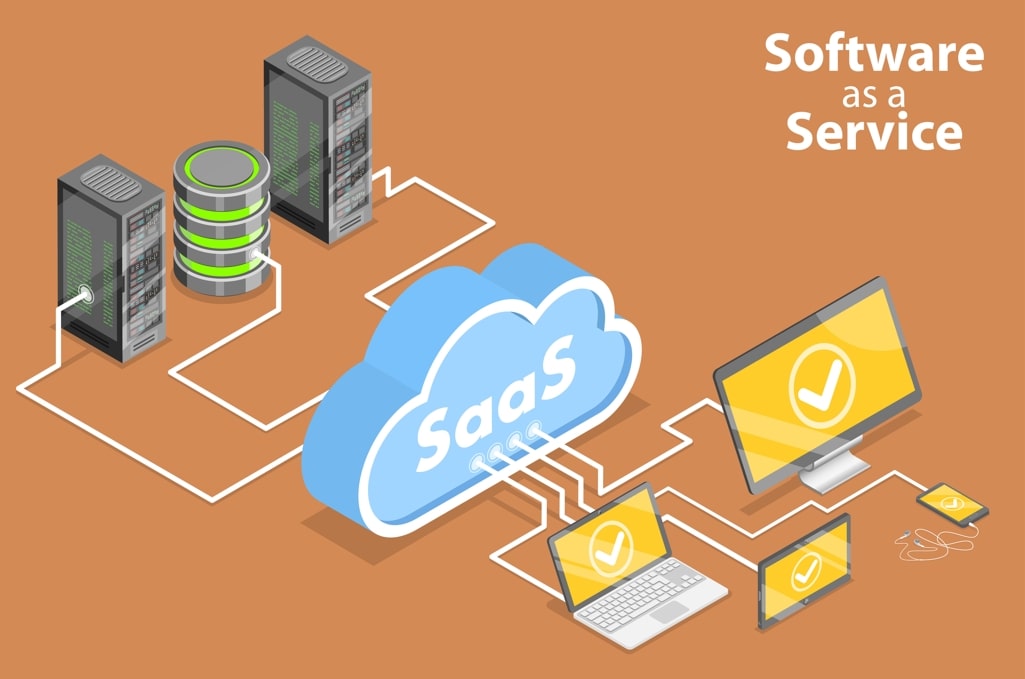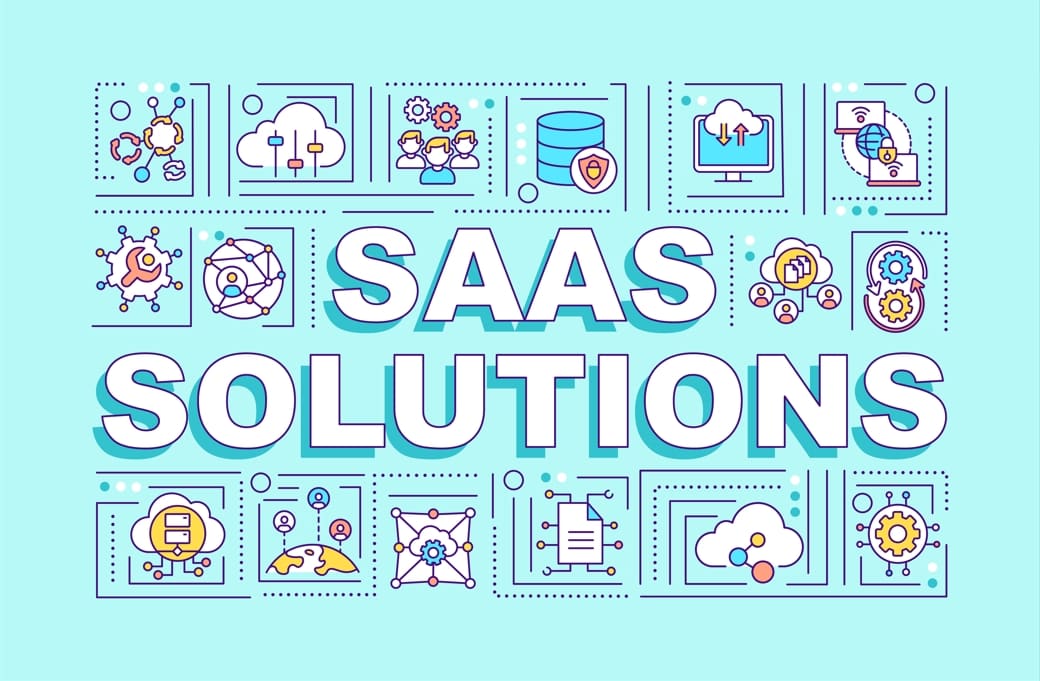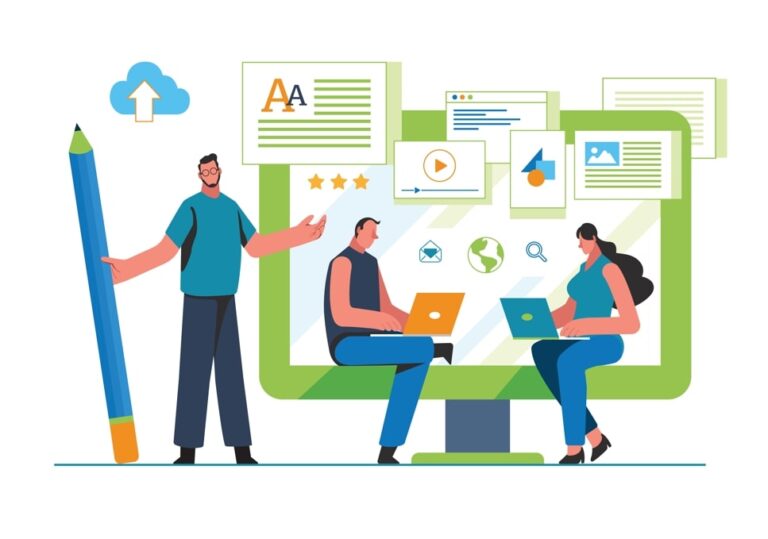Job listings for customer support, sales, and success roles increasingly include a common demand: “SaaS experience required.” Once a niche requirement for technical roles, this criteria now permeates hiring for positions where software development skills are irrelevant. But what defines “SaaS experience,” and does it genuinely predict success in these roles—or has it become an overused buzzword?
Proponents argue that familiarity with software-as-a-service (SaaS) environments accelerates onboarding and improves client interactions. Skeptics counter that adaptable candidates can learn SaaS tools quickly, making prior experience less critical than foundational skills like communication or problem-solving.
This article examines why employers prioritize SaaS experience, when it matters most, and when rigid requirements risk excluding talented candidates. For hiring managers and job seekers alike, the debate offers valuable insights into balancing industry knowledge with human potential.
What does SaaS actually mean?
At its core, SaaS (Software-as-a-Service) refers to cloud-based software accessible via subscription. Unlike traditional software installed on individual devices, SaaS platforms are maintained by providers and updated automatically—a model that revolutionized how businesses operate.
But when employers demand “SaaS experience,” they’re rarely asking for coding expertise. Instead, they typically seek familiarity with three key areas:
- Business models: Understanding subscription pricing, freemium tiers, or usage-based billing—common in SaaS—and how to communicate their value to prospects.
- Customer lifecycle management: Experience onboarding users, reducing churn, or upselling clients in a recurring-revenue environment.
- Technical nuances: For some roles, troubleshooting SaaS-specific issues, like API integrations or data security in the cloud, may be critical.

In customer-facing roles, “SaaS experience” often translates to knowing the pain points of SaaS buyers. A sales rep might need to explain why scalability matters for a growing startup choosing a project management tool. A support specialist could require familiarity with ticketing systems.
However, these expectations vary widely. A candidate with experience selling marketing tools may still struggle with a cybersecurity SaaS product. This inconsistency raises questions: Is “SaaS experience” too broad to be useful? Or does it signal a foundational mindset employers value? The answer often depends on the role—and the employer’s willingness to train.
Why employers demand SaaS experience
Employers in customer-facing SaaS roles often justify the “experience required” line with three core arguments:
Faster onboarding
Candidates familiar with SaaS workflows require less training. A sales rep who understands subscription pricing tiers can immediately craft pitches around ROI and scalability, rather than learning the basics of recurring revenue models. Similarly, support agents versed in SaaS tools like Intercom or Freshdesk navigate ticketing systems efficiently, reducing ramp-up time.
Navigating industry-specific challenges
SaaS customers face unique pain points: integration hurdles, data security concerns, or decision-making across departments (IT, finance, end-users). Experienced hires anticipate these issues. For example, a customer success manager with SaaS experience knows how to proactively address adoption barriers during onboarding—like training non-technical teams on a new CRM—to reduce churn.
Cultural alignment
SaaS companies often operate in fast-paced, iterative environments. Hiring from similar backgrounds suggests candidates thrive in agile settings, embrace continuous product updates, and align with customer-centric values. Remote work fluency is another layer—many SaaS teams are distributed, and prior experience in remote SaaS roles signals comfort with async communication and digital collaboration.
However, these assumptions aren’t foolproof. A candidate from a traditional software background might grasp SaaS dynamics quickly, while a “culture fit” from a competitor could clash with new processes. The emphasis on SaaS experience, while logical, risks oversimplifying the traits that drive success.
See SMO in action
Try our solutions with zero commitment
The counterargument: why it’s not always a dealbreaker
While SaaS experience can streamline onboarding, over-indexing on this requirement risks sidelining adaptable talent. Here’s why strict mandates may backfire:
Skills trump buzzwords
Core competencies like problem-solving, empathy, and communication often outweigh niche experience. A salesperson skilled in consultative selling can master SaaS pricing models faster than a SaaS veteran with weak listening skills. Similarly, a support agent with a knack for troubleshooting thrives in any software environment by leaning on logical thinking, not prior tool knowledge.
SaaS tools are built for speed
Most SaaS platforms prioritize user-friendliness. Competent hires can grasp basics within weeks—or even days—through guided training. Consider that many SaaS companies themselves hire entry-level employees and upskill them successfully.
Fresh perspectives from outside SaaS
Candidates from non-SaaS industries (e.g., e-commerce, fintech, healthcare) bring cross-pollinated insights. A marketing specialist with experience in subscription-based retail understands retention tactics that could benefit SaaS churn rates. A support agent from telecom might excel at translating technical jargon for non-tech users—a skill transferable to SaaS onboarding.
The cost of tunnel vision
Overemphasizing SaaS experience shrinks the talent pool, particularly in competitive job markets. It also perpetuates industry echo chambers, stifling innovation. Teams benefit more from a mix of SaaS veterans and outsiders questioning assumptions like “This is how it’s always done.”
The takeaway? SaaS experience is a bonus, not a prerequisite, for roles where curiosity and core skills shine. Employers risk missing out on high-potential candidates by conflating familiarity with capability.
When SaaS experience truly matters

While rigid SaaS experience requirements can exclude talent, there are scenarios where prior industry knowledge becomes critical:
Enterprise sales
Selling high-value, complex SaaS solutions to enterprise clients often demands prior experience. These deals involve navigating protracted procurement cycles, multi-stakeholder approvals (IT, legal, finance), and nuanced contract terms like SLAs (service-level agreements) or custom integrations.
For example, a rep selling a cybersecurity SaaS platform to a Fortune 500 company must understand compliance frameworks (GDPR, HIPAA) and articulate how the software scales across global teams. Without SaaS-specific experience, even seasoned salespeople might struggle to address technical concerns or position the product against legacy on-premise solutions.
Technical support roles
Troubleshooting SaaS products frequently requires familiarity with APIs, cloud infrastructure, or single sign-on (SSO) protocols. A support engineer assisting a client with a broken integration needs to diagnose whether the issue lies in API rate limits, authentication tokens, or third-party dependencies—knowledge that’s honed through hands-on experience.
Similarly, roles managing SaaS implementations for large clients (e.g., deploying a new ERP system) benefit from prior exposure to common pitfalls, like data migration errors or user resistance during transitions.
Even in these cases, relevant experience—not just “SaaS” broadly—is key. A candidate with ERP implementation expertise may excel in deploying HR software but lack the skills for a cybersecurity SaaS rollout. Employers should specify the exact competencies needed rather than defaulting to generic SaaS mandates.
See SMO in action
Try our solutions with zero commitment
The future of SaaS hiring
The debate over SaaS experience reflects a broader hiring paradox: chasing industry-specific credentials versus nurturing adaptable talent. As SaaS becomes ubiquitous—governing everything from communication to payroll—its tools and business models will grow more familiar to professionals across sectors. This shift could make rigid SaaS experience requirements obsolete, replaced by skills-based assessments that prioritize learning agility over prior exposure.
For employers, the path forward lies in balance. Specify SaaS experience only when roles demand niche expertise (e.g., enterprise sales, API-driven support). For other positions, design hiring processes that test adaptability: mock sales calls using SaaS case studies, or problem-solving exercises with tools like Figma or Notion.
Job seekers lacking SaaS experience should reframe their skills strategically. Highlight proficiency in adjacent areas—managing subscriptions in retail, remote collaboration in education, or data analysis in healthcare—to demonstrate transferable value. Emphasize curiosity through certifications (free SaaS tool trainings, LinkedIn Learning courses) or personal projects.
Ultimately, SaaS is a means, not an end. Success in customer-facing roles hinges on understanding people—their frustrations, goals, and unspoken needs—far more than software acronyms. As the market evolves, the most forward-thinking companies (and candidates) will treat “SaaS experience” not as a gatekeeper, but as one thread in a richer tapestry of human potential.


